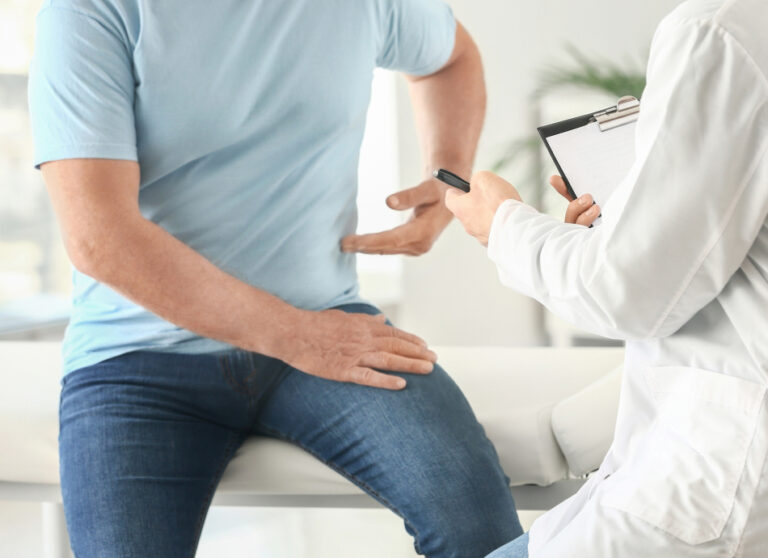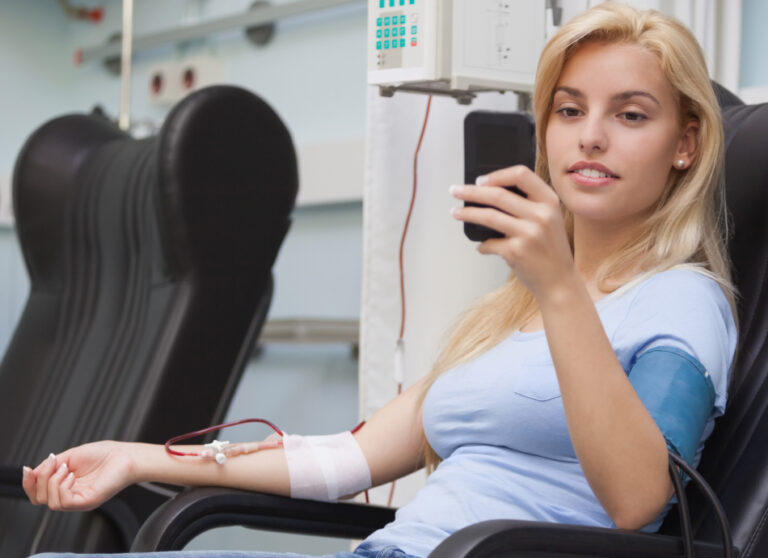Treatment for Chronic Kidney Disease
Chronic kidney disease can’t be cured, but treatments to control symptoms, reduce complications and slow the progression are available.
Medications to lower high blood pressure can help preserve kidney function. Additionally, you should maintain a healthy lifestyle. For example, control your blood sugar, eat a low-protein diet, exercise regularly, take supplements to support your bone health, lower your cholesterol and take medications for swelling and anemia.
If you don’t take steps to support your kidney health, waste and fluid will build up in your body, and you’ll feel sick, tired and weak. You may also develop:
- Heart and vascular disease
- Anemia (low red blood cells)
- Bone disorders
- High blood pressure
Eventually, your kidneys will stop working, and you’ll need dialysis or a kidney transplant to stay alive. Dialysis is a medical treatment that filters your blood in much the same way as your kidneys. It is usually necessary when you’ve lost 85–90% of your kidney function. You can have dialysis in a clinic, hospital or your home.



